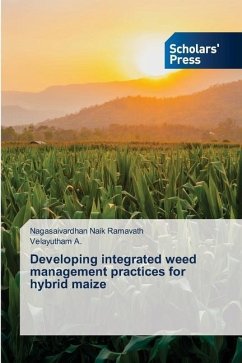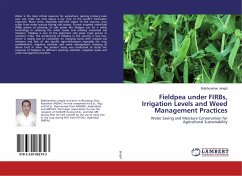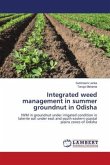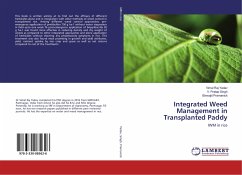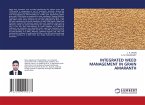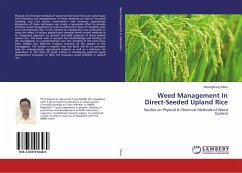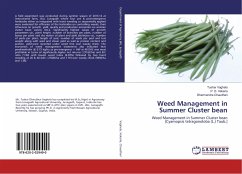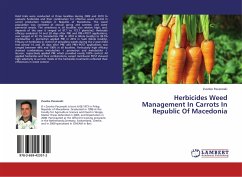Farmers usually give prime importance to few cultural practices and neglect other factors like weed control. Maize crop gets infested with variety of weeds and subjected to heavy weed competition, which often inflicts huge losses ranging from 28 to 100 %. Weed management strategies attempt to limit the deleterious effects of weeds growing with crop plants. These effects could be quite variable, but the most common is competition for available resources. The quantities of growth factors used by weeds are thus unavailable to the crop. The extent of nutrient loss varies from 30-40 % of the applied nutrients. Hence, suitable weed control strategies in maize can be the sequential use of pre-emergence and post-emergence herbicides or a pre-emergence herbicide application followed by intercultural operation with power weeder so that the crop is protected well against the weeds during the critical period of crop weed competition.
Bitte wählen Sie Ihr Anliegen aus.
Rechnungen
Retourenschein anfordern
Bestellstatus
Storno

